Dry skin and dehydrated skin are two common skin conditions that often get confused with each other. While both can leave your skin feeling tight and uncomfortable, they have different underlying causes and require different approaches for treatment. In this blog post, we will explore the differences between dry skin and dehydrated skin and provide tips on how to care for each condition.
Dry skin is a skin type characterized by the lack of oil or sebum production. It is often a genetic predisposition and can be present throughout a person's life. Dry skin tends to feel rough, flaky, and may even appear dull. It is more prone to fine lines, wrinkles, and sensitivity. People with dry skin may experience itchiness and irritation.
On the other hand, dehydrated skin is a temporary condition caused by a lack of water or moisture in the skin. It can affect any skin type, including oily or combination skin. Dehydrated skin often feels tight, appears dull, and may show signs of fine lines and wrinkles. Unlike dry skin, dehydrated skin can be caused by external factors such as weather conditions, harsh skincare products, or lifestyle choices like excessive caffeine or alcohol consumption.
To care for dry skin, it is essential to replenish the skin's moisture barrier and provide nourishment. Here are some tips:
1. Use a gentle cleanser: Avoid harsh cleansers that strip away natural oils. Opt for mild, hydrating cleansers that won't further dry out your skin.
2. Moisturize regularly: Apply a hydrating serum and top it of with a rich, emollient moisturizer to lock in moisture and keep your skin hydrated throughout the day. Look for ingredients like hyaluronic acid, ceramides, peptide and glycerin.
3. Avoid hot water: Hot water can further strip away natural oils from your skin. Opt for lukewarm water when cleansing or showering.
4. Protect your skin: Use sunscreen daily to protect your skin from harmful UV rays. UV exposure can worsen dryness and lead to premature aging.
MYTH BUSTER:
“If I drink allot of water my skin will be hydrated!”
Did you know that when you drink water, it doesn’t go straight to your skin? Instead, it runs through the intestines, absorbs into the bloodstream, and then gets filtered out by the kidneys. At this point, it will hydrate the cells inside the body. (It’s just not possible for the water to head straight to the cells in the outer layer of the skin (the epidermis).
According to research, drinking water can hydrate the Dermis which is a deeper layer of skin in which connective tissues and blood vessels are found. when we drink water, it goes into our blood and the blood vessels go to our dermis. There was also strong evidence to support that drinking water can improve overall skin elasticity. However, it’s simply not hydrating the outer layer of the skin ( Epidermis). while it’s still important to drink water for your overall health and well-being, it’s simply not an effective way to hydrate your skin.
For dehydrated skin, focus on replenishing moisture and restoring the skin's hydration levels. Here are some tips:
1. Hydrating skincare products: Look for products that contain hydrating ingredients like hyaluronic acid, aloe vera, or glycerin. These ingredients help attract and retain moisture in the skin.
2. Use a hydrating face mask: Incorporate a hydrating face mask into your skincare routine once or twice a week to provide an extra boost of moisture.
3. Humidify your environment: Use a humidifier in your home or office to add moisture to the air. This can help prevent your skin from losing moisture.
4. Limit caffeine and alcohol intake: Caffeine and alcohol can dehydrate your body, including your skin. Limit your consumption to maintain hydration levels.
5. Avoid harsh skincare products: Stay away from products that contain harsh ingredients like alcohol or fragrances, as they can strip away moisture from your skin.
Remember, understanding the difference between dry skin and dehydrated skin is crucial for choosing the right skincare routine and products. I highly suggest to consult with an Esthetician to determine where your skin is at that moment. By following the appropriate steps for each condition, you can help restore your skin's health and achieve a hydrated, glowing complexion.
As always my mission is for you to achieve your best skin ever!!
XO,
Laure


